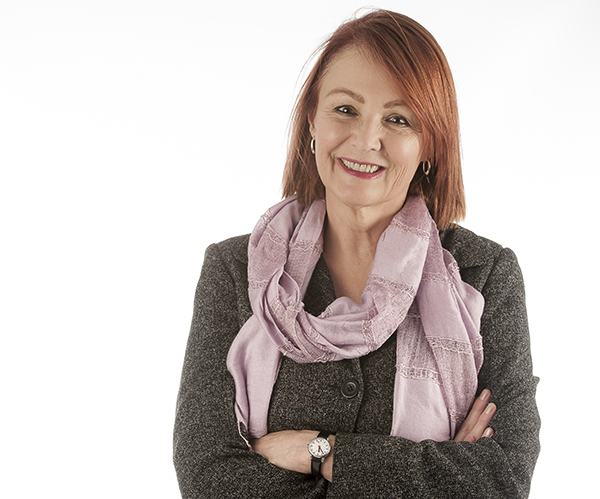Latest News Archive
Please select Category, Year, and then Month to display items
10 July 2018
Photo Supplied
 Shindré-Lee Simmons, one of the veterans in the Kovsie women’s hockey team for this year’s national student championship.
Shindré-Lee Simmons, one of the veterans in the Kovsie women’s hockey team for this year’s national student championship.
The Kovsie men’s and women’s hockey teams have positive expectations for the University Sport South Africa (USSA) national student tournament.
The USSA championships were hosted by the University of the Free State (UFS) from 2 to 6 July 2018. This year’s championships will have 45 competing teams and will thus be the biggest ever USSA hockey tournament.
For the female squad to qualify for the 2019 Varsity Sports tournament, they have to secure a spot among the top-seven teams. In order to get back into the A section, the Kovsie men’s team must win their tournament.
The matches are scheduled to take place on the UFS Bloemfontein Campus astro fields.
The UFS women’s team, captained by Antonet Louw, is set to play on Monday at 15:35 against Nelson Mandela University (NMU); on Tuesday at 17:00 against the University of Johannesburg (UJ); and on Wednesday at 18:25 against North-West University (NWU). The play-off matches will take place on Wednesday, Thursday, and Friday.
The men’s team, with Cheslyn Neethling as captain, will play on Monday at 17:00 against the Central University of Technology; on Tuesday at 15:35 against the Tswane University of Technology; on Wednesday at 17:00 against the Vaal University of Technology; on Thursday at 18:25 against the University of KwaZulu-Natal; and on Friday at 15:35 against Rhodes University.
Research chair into Higher Education gets boost for five more years
2017-11-21

Prof Melanie Walker, Director of the Centre for Research on
Higher Education and Development (CRHED).
Photo: Supplied
The research Chair in Higher Education and Human Development within the Centre for Research on Higher Education and Development (CRHED) at the University of the Free State has secured funding for another five years. It follows a favourable evaluation by the South African Research Chairs Initiative (SARChI) of the research project at the UFS.
The Director of the Centre, Prof Melanie Walker, says she is delighted by the recognition of the Chair's hard work and significant productivity. “This new round of funding secures the centre and its activities for the next five years.”
Under the auspices of the Chair, research is conducted on higher education, inequalities and social justice, and how or if universities foster the human capabilities and aspirations of students. In essence, the research studies whether higher education makes a difference to the lives of students, their families and communities. Prof Walker says the Chair's projects look at issues of access, participation and transitions into work, as well as gender, race and social class. The research uses quantitative and qualitative methods and includes a strand of participatory research projects with students.
Prof Walker says through the Chair research project, and the Centre, researchers have developed extensive international links and produced international quality research and publications. “We foster high-quality PhD graduates as a new generation of social science academics.” The Chair has in the first five years produced 10 PhDs and four master’s students.
The project in the next five years will continue with its focus on higher education and human development research. Prof Walker says all the research efforts seek to contribute to more justice in society and universities and to contribute to debates, policy and practices in higher education and a scholarly knowledge base.
The Research Chairs Initiative aims to improve the research capacity at public universities to produce high-quality postgraduate students, research and innovative outputs. The assessors looked at features such as the number of students the research entity had trained and how many publications the research team had produced.